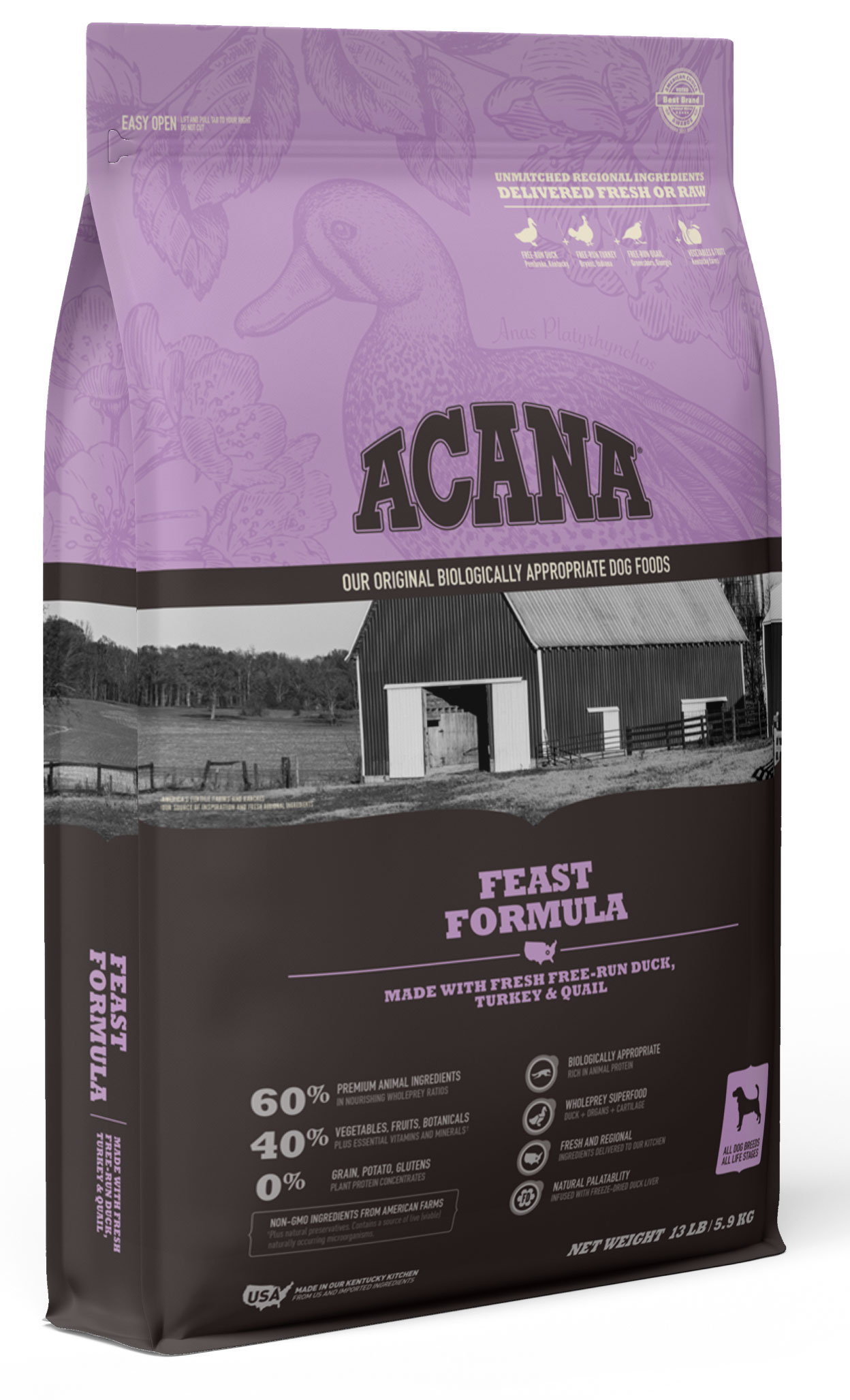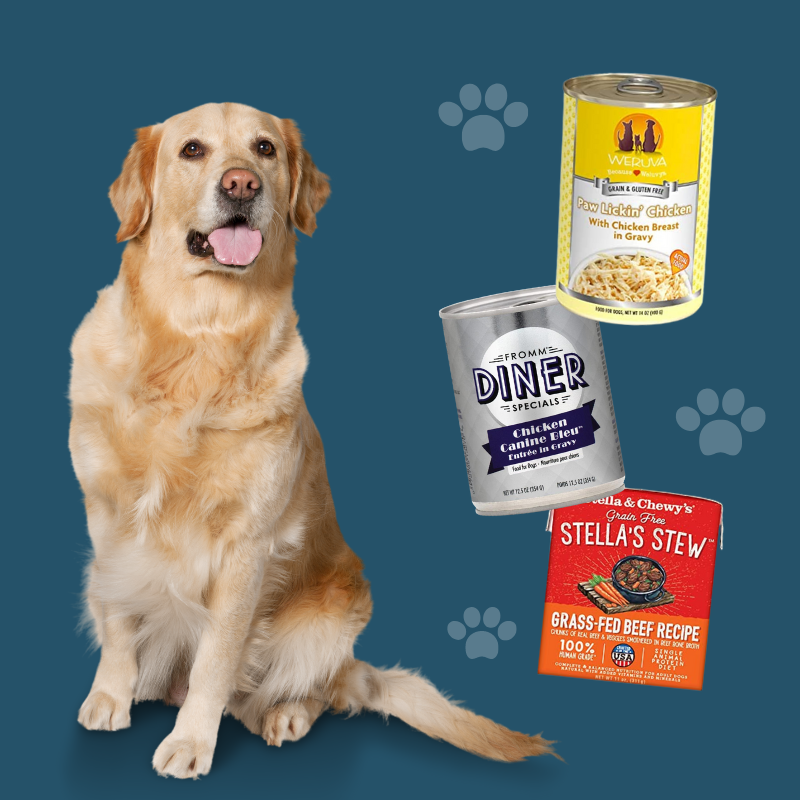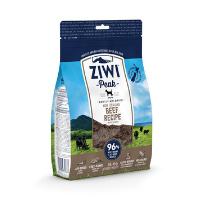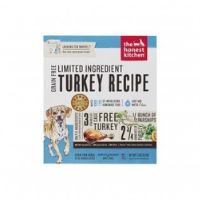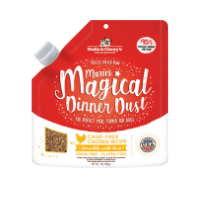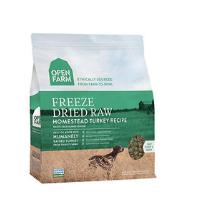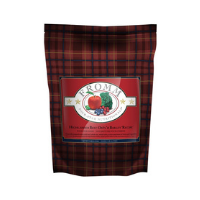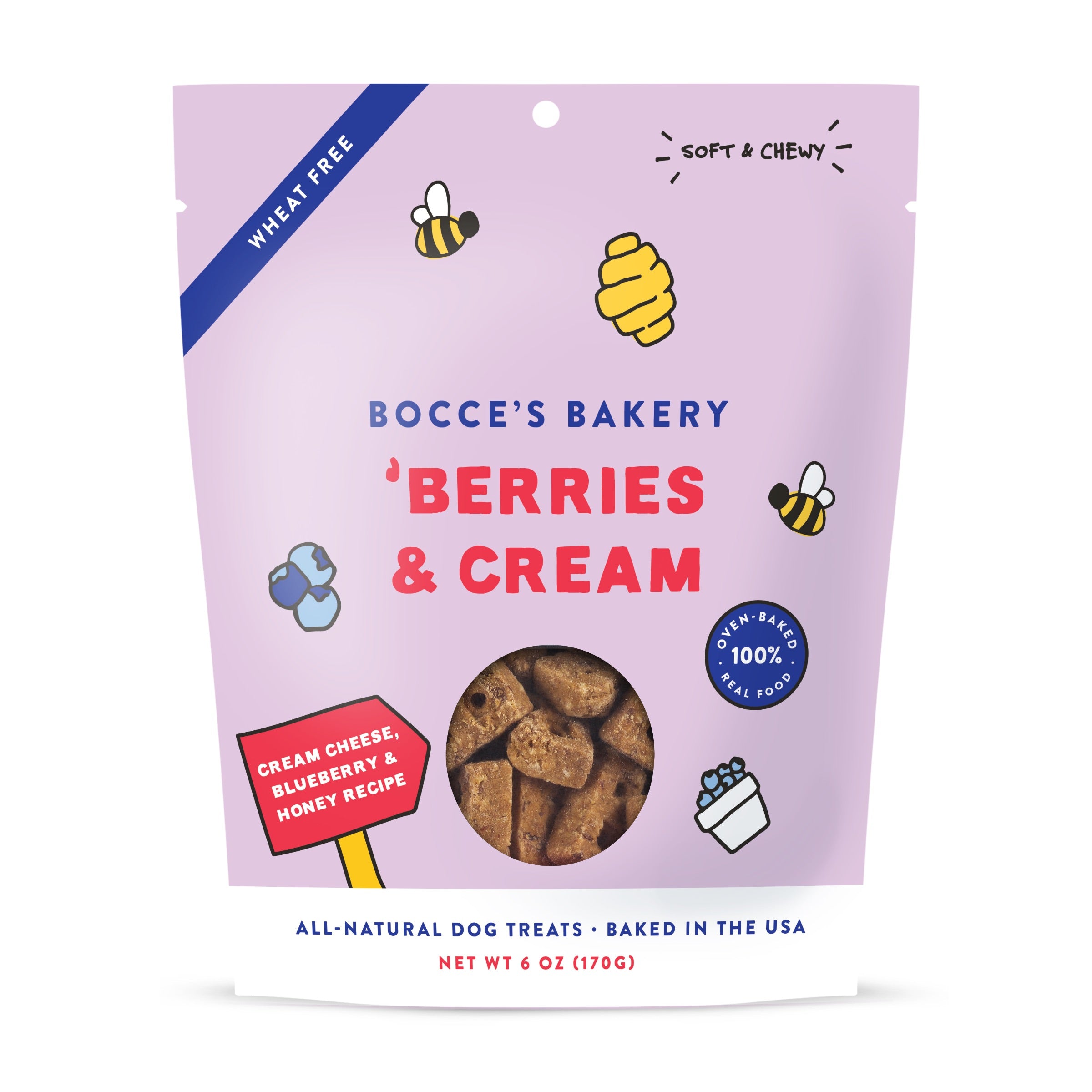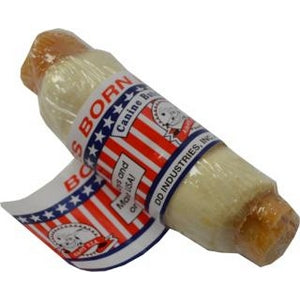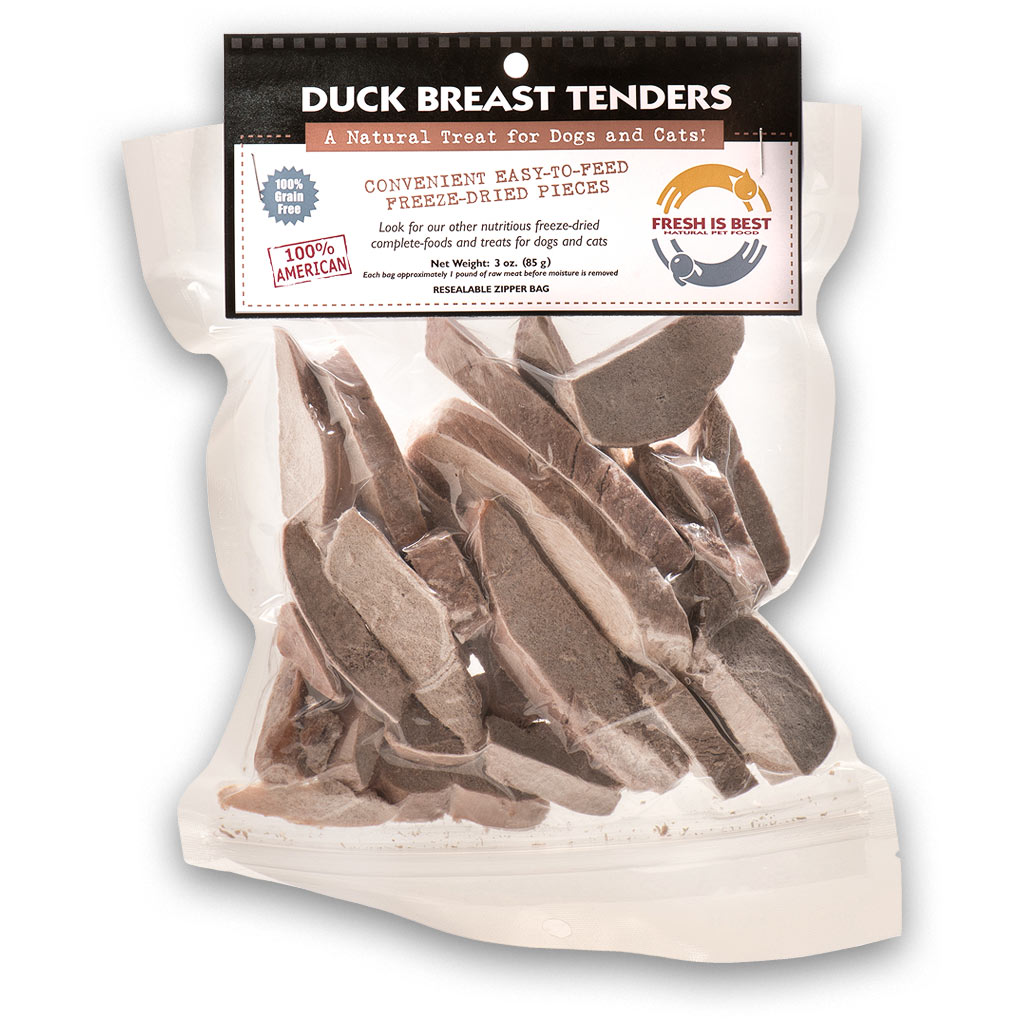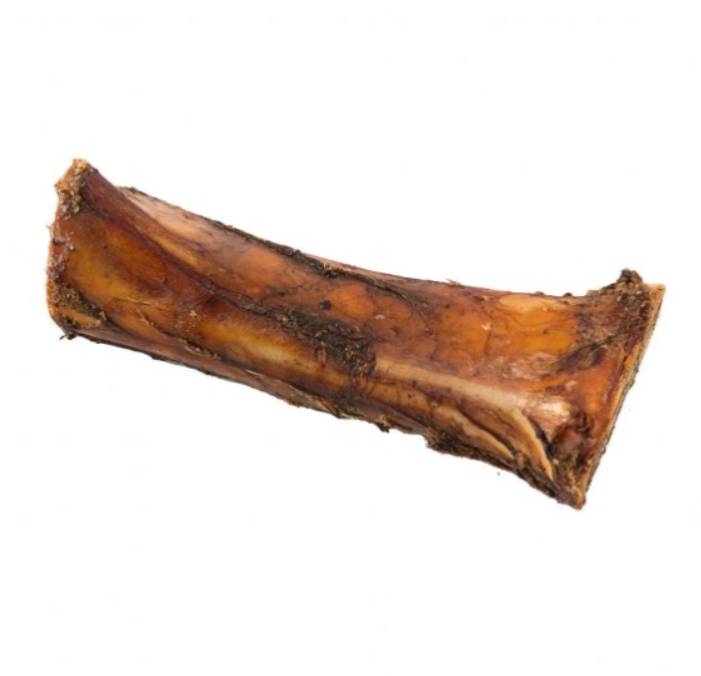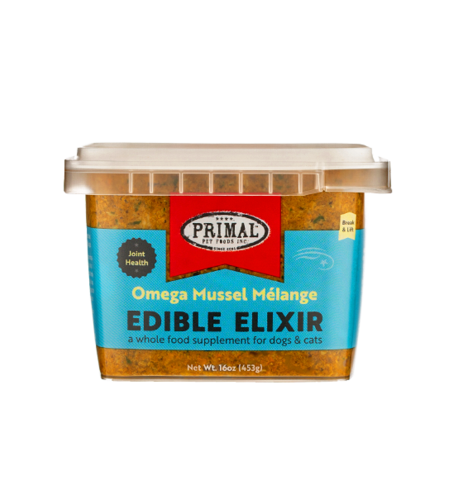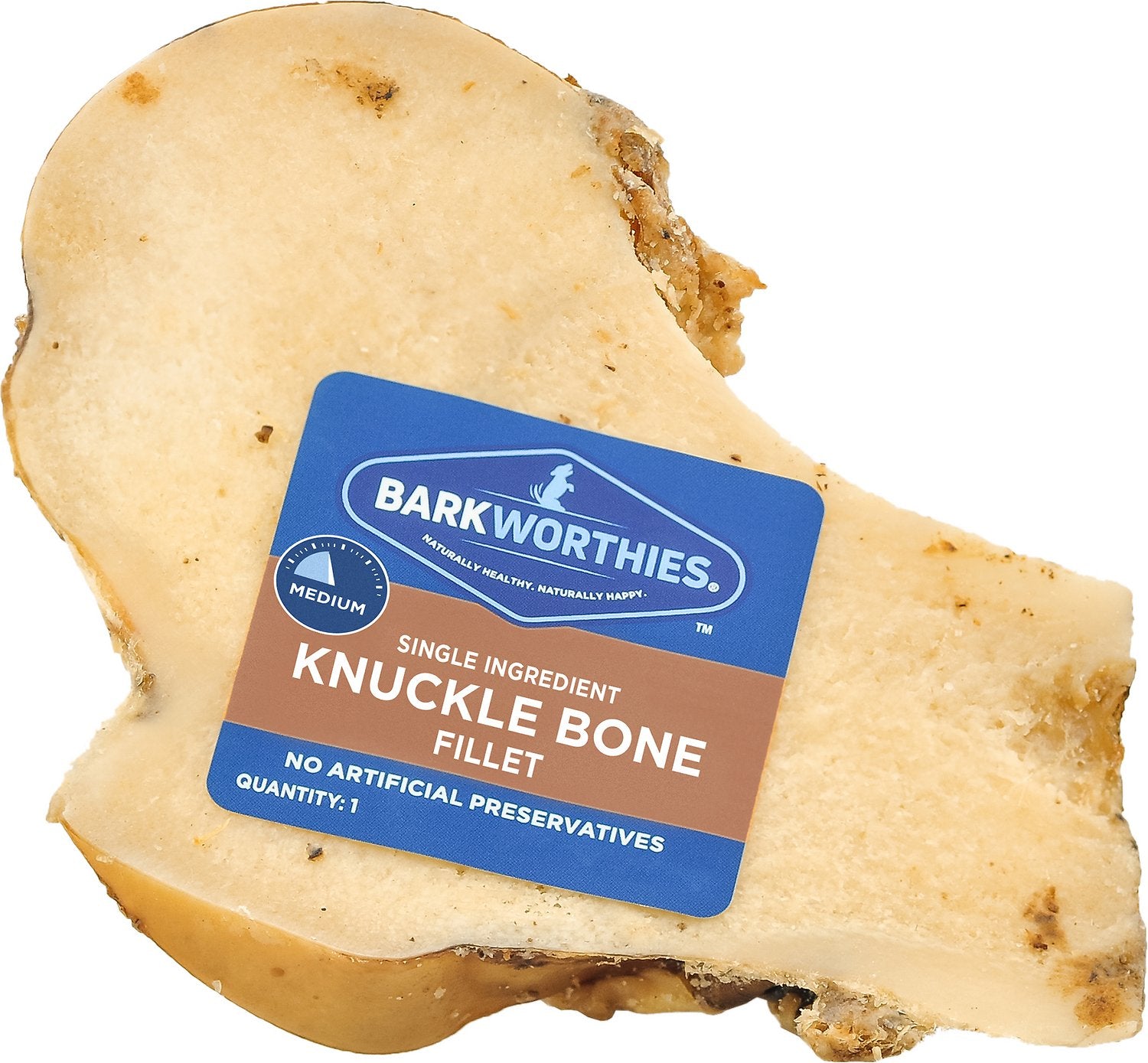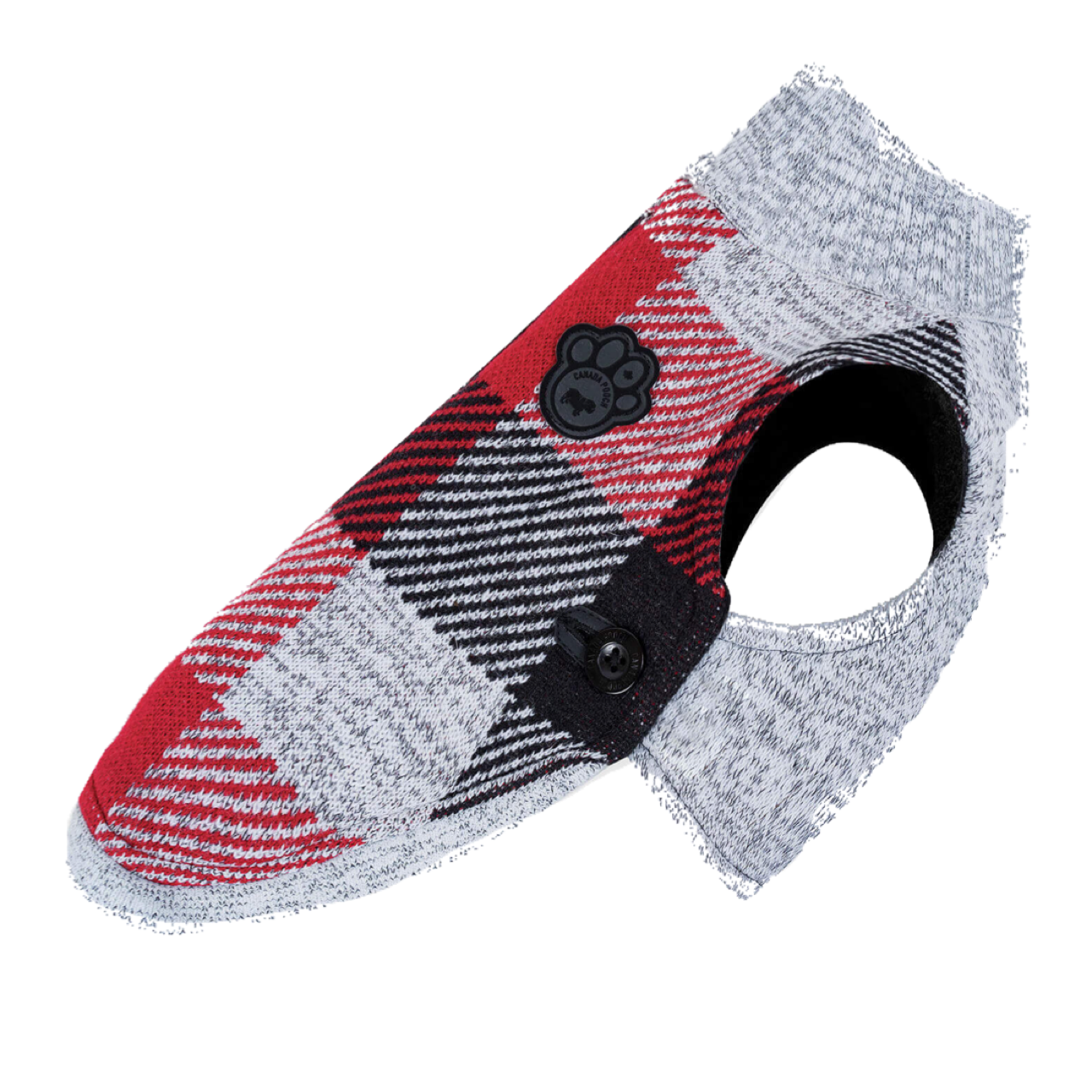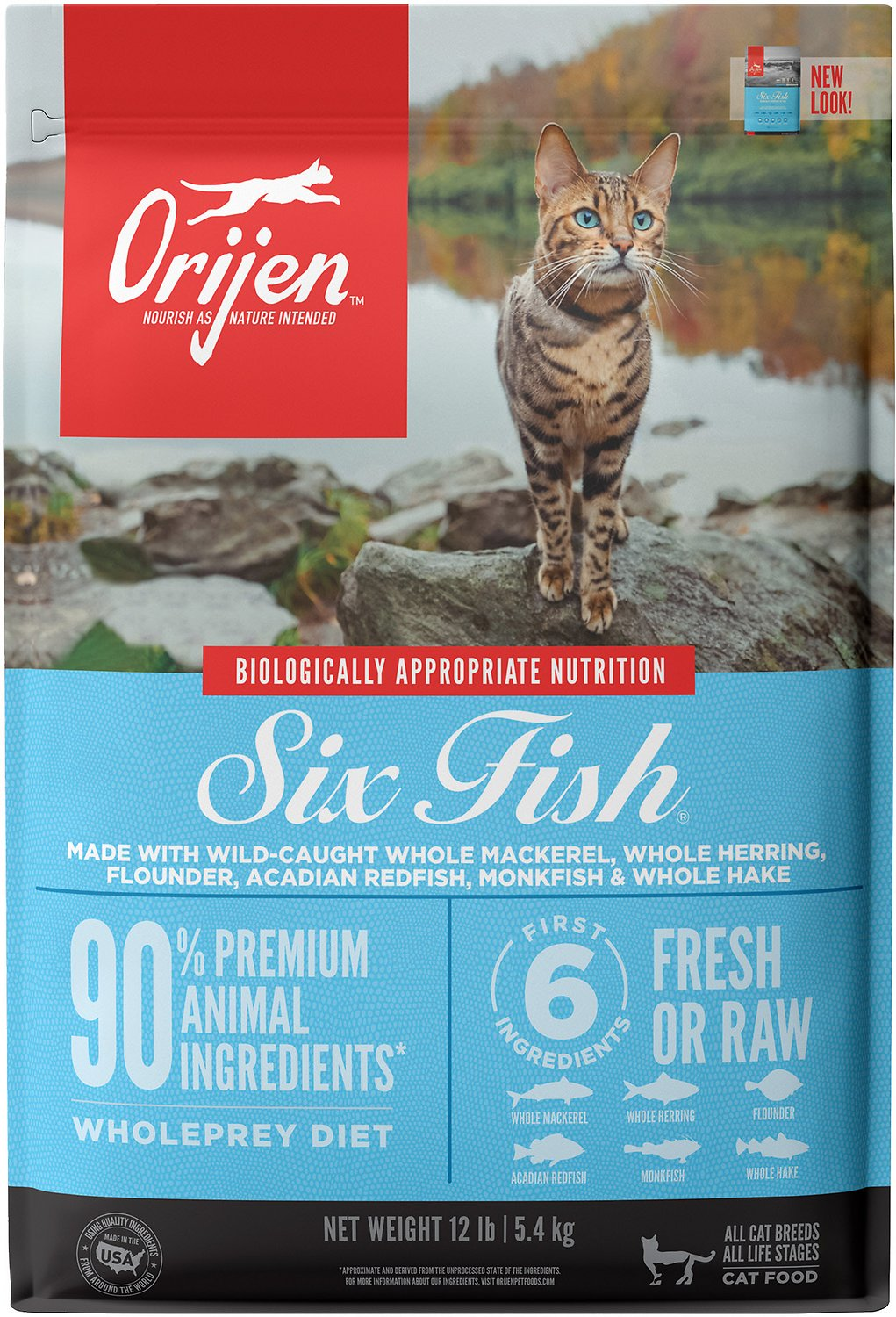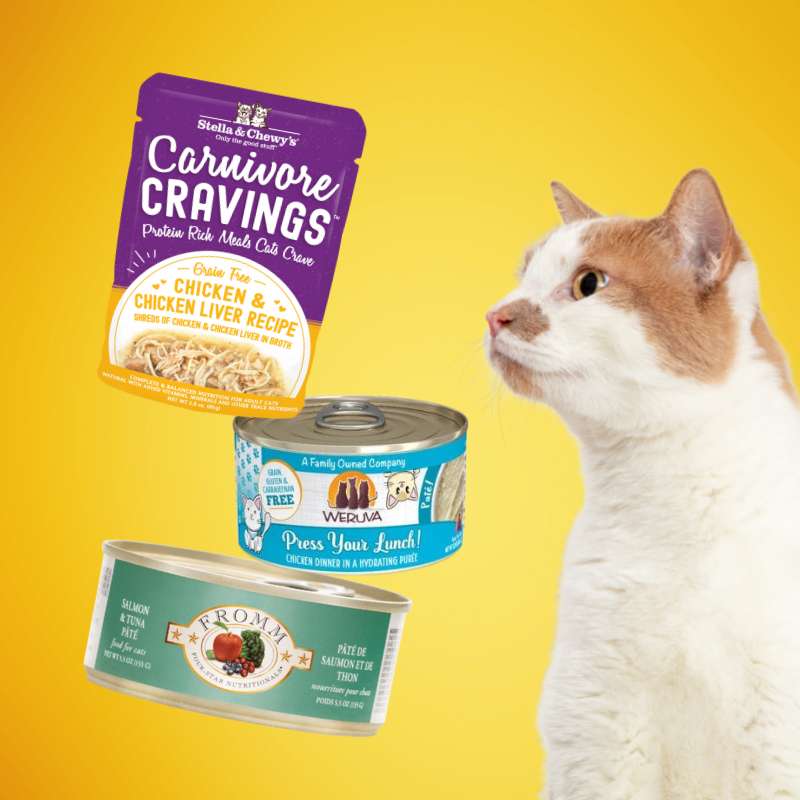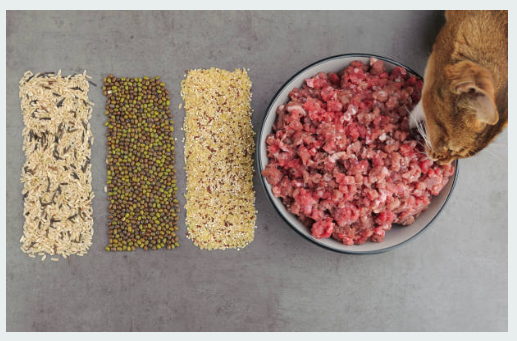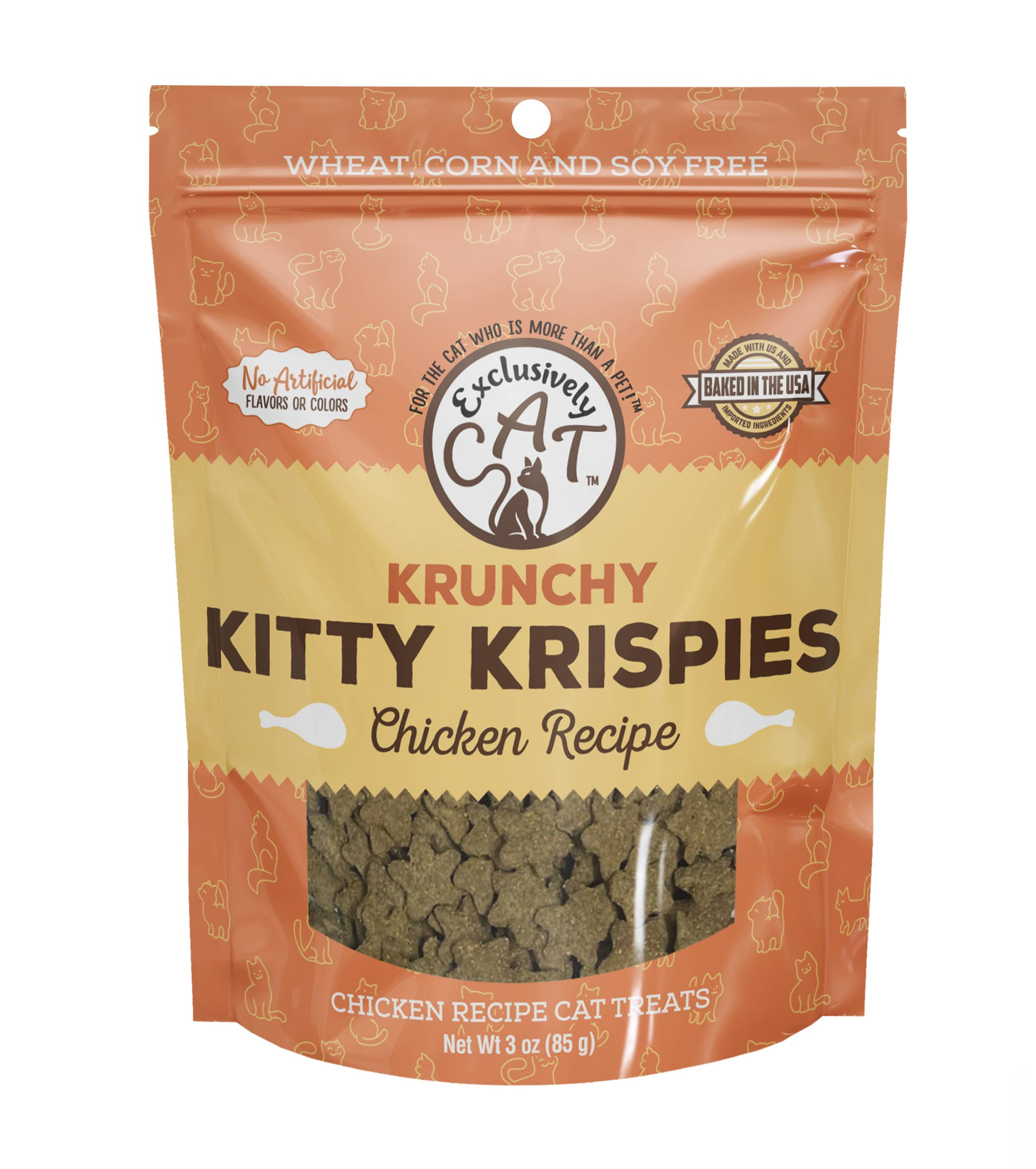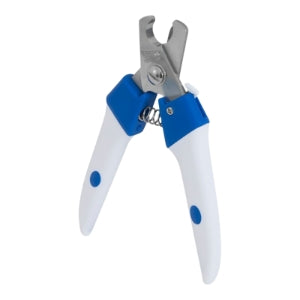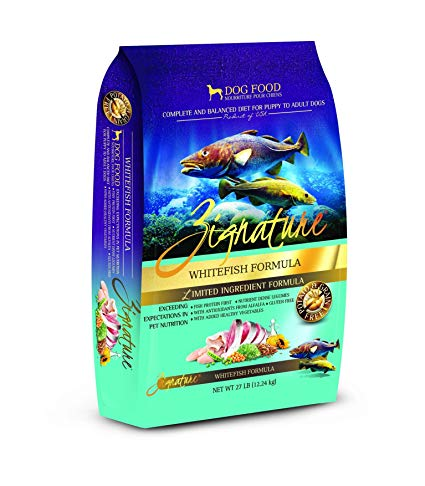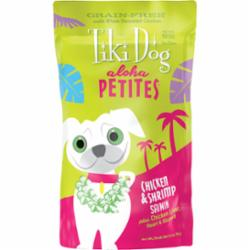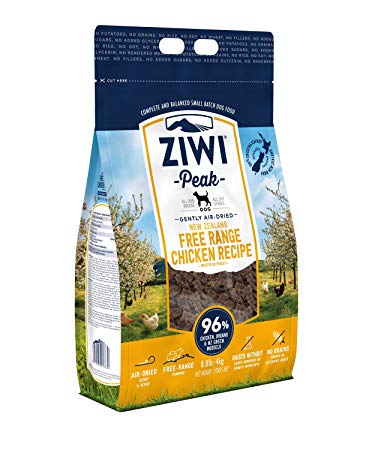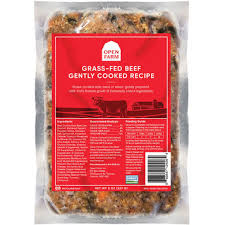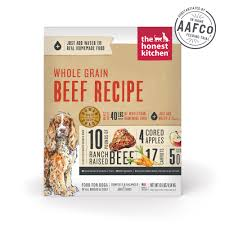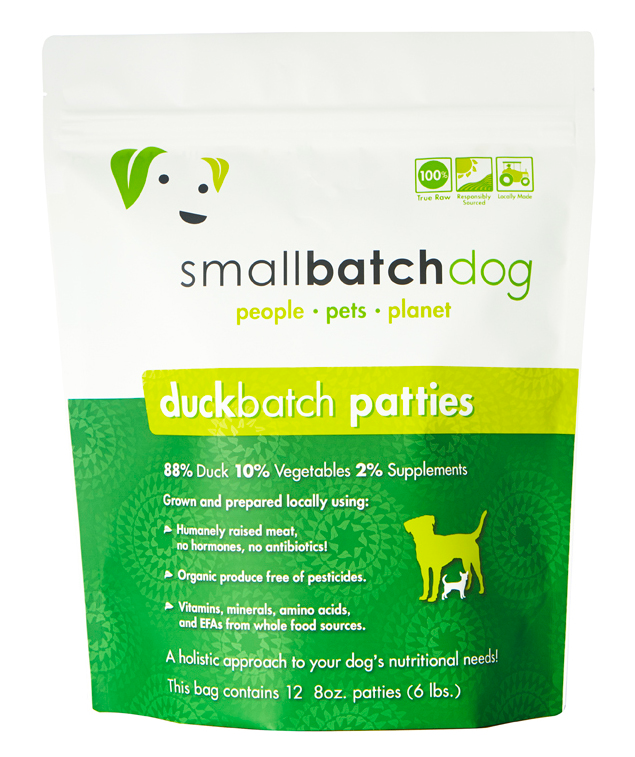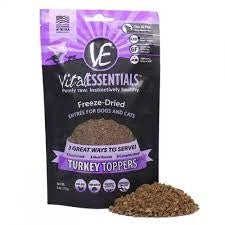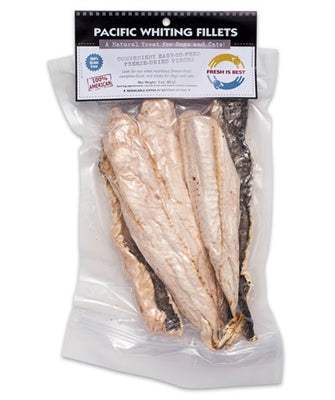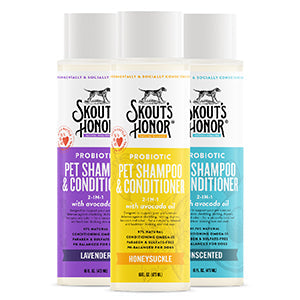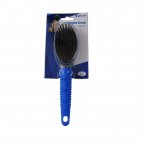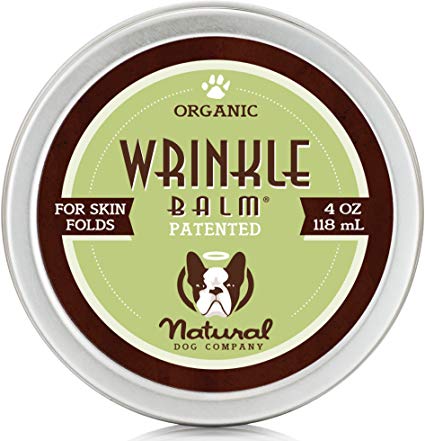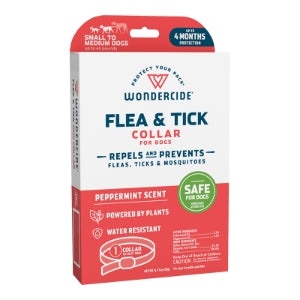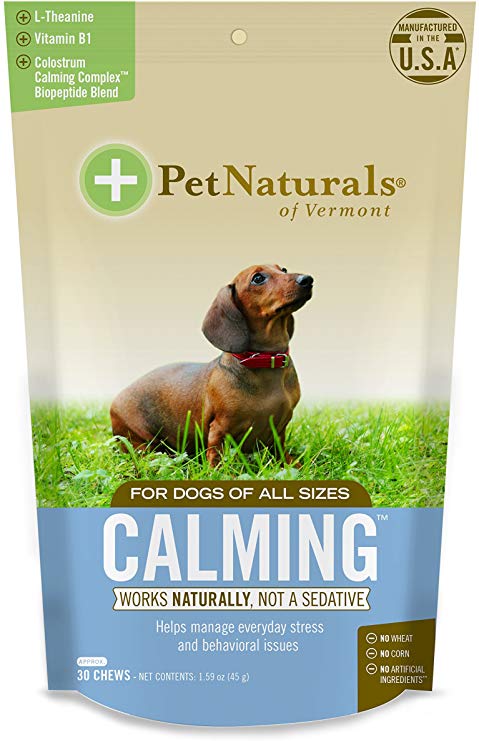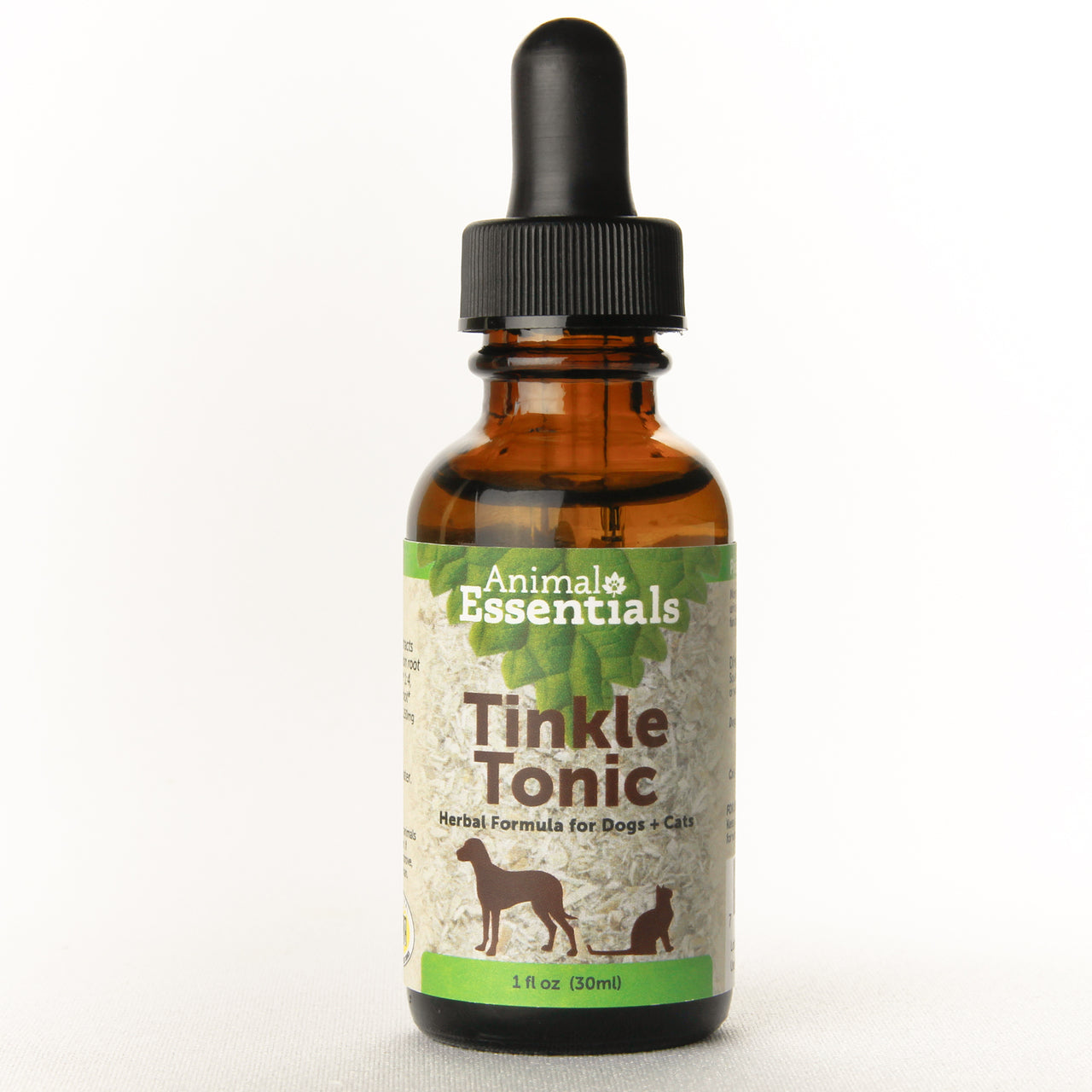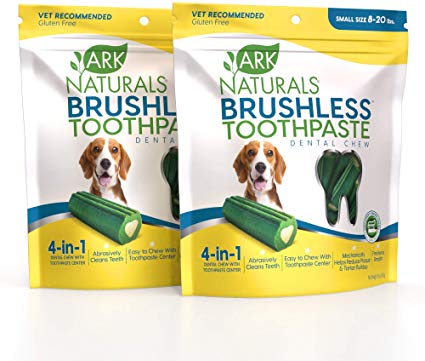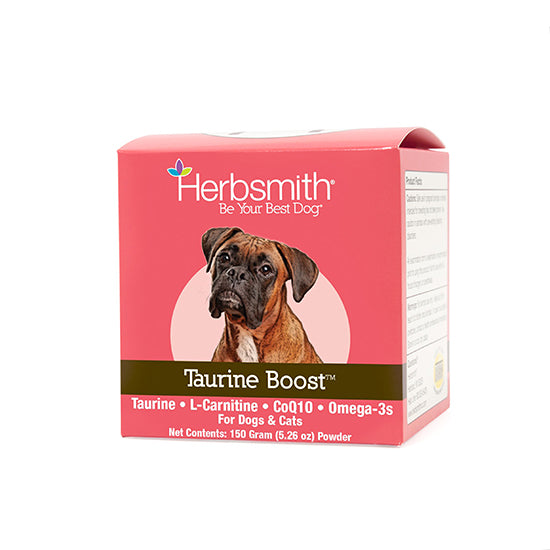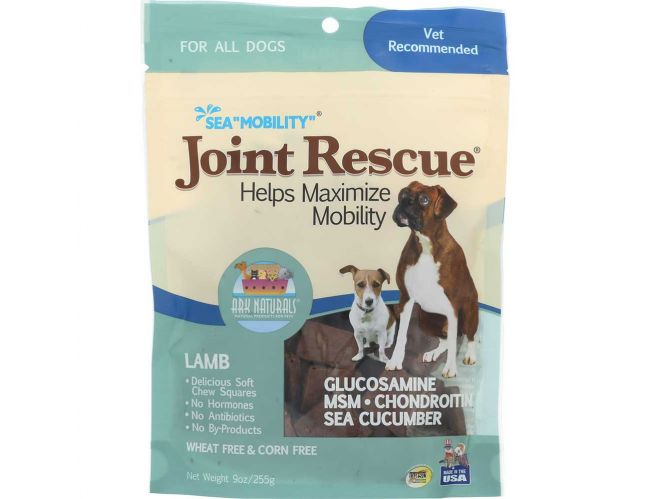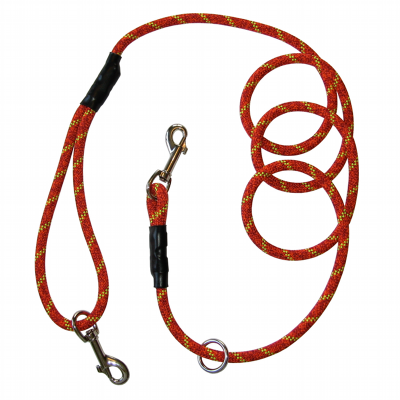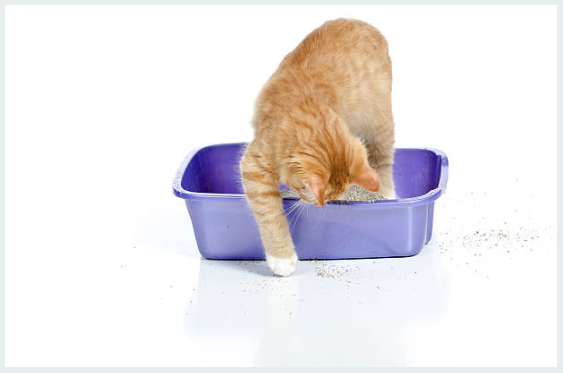As devoted pet owners, ensuring the health and well-being of our furry companions is a top priority. One critical aspect of pet health that often requires close attention is dietary allergies. Just like humans, dogs and cats can develop allergies to certain foods, leading to a variety of health issues. In this guide, we will explore the most common dietary allergies in dogs and cats, helping you to recognize symptoms, and understand treatment options, and preventative measures.
What Are Dietary Allergies?
Dietary allergies, or food allergies, occur when the immune system mistakenly identifies a specific food component as a threat. This immune response can lead to a range of symptoms, some of which may be severe. Understanding these allergies is crucial for both prevention and effective management.
Common Symptoms of Dietary Allergies in Dogs and Cats
Identifying dietary allergies in pets can be challenging as symptoms often overlap with other health issues. Here are some common signs to look for:
Skin Reactions
Skin problems are among the most common visible signs of dietary allergies. Symptoms may include:
- Itching and scratching
- Red or inflamed skin
- Hot spots (localized areas of skin irritation)
- Hair loss
Digestive Issues
Gastrointestinal problems can also signal food allergies. Watch for signs such as:
- Diarrhea
- Vomiting
- Gas or bloating
- Loss of appetite
Behavioral Changes
Allergies can also affect your pet's behavior. Affected animals may exhibit:
- Increased sensitivity or irritability
- Changes in energy levels
- Excessive licking or chewing at their paws
Common Food Allergens for Dogs
Certain foods are more likely to trigger allergies in dogs. Awareness of these allergens can help you make better dietary choices for your pet:
Protein Sources
Meat proteins are frequently linked to allergies. The most common offenders include:
- Beef
- Chicken
- Turkey
- Lamb
Grains
While not all dogs are sensitive to grains, some may develop allergies to:
- Wheat
- Corn
- Barley
Dairy Products
Many dogs are lactose intolerant, and dairy can also trigger allergic reactions. Symptoms can arise from consuming:
- Milk
- Cheese
- Yogurt
Common Food Allergens for Cats
Like dogs, cats can also be prone to food allergies, with specific allergens that stand out:
Protein Sources
In addition to similar protein sources as dogs, certain feline favorites often cause issues, such as:
- Fish
- Pork
- Eggs
Grains and By-products
Many commercial cat foods contain grains, which can be a source of allergies. Common allergens include:
- Wheat
- Rice
- Various by-products
How to Diagnose Dietary Allergies
Diagnosing dietary allergies in pets typically requires a combination of observation, elimination diets, and veterinary consultation. Here’s a step-by-step approach:
Step 1: Keep a Food Diary
Documenting your pet's diet, along with any symptoms, can provide valuable insights for your veterinarian. Note the types of food, treats, and any changes in behavior or health.
Step 2: Consultation with a Veterinarian
Once you have gathered information, consulting with a vet is crucial. They can assess your pet's health and may suggest skin tests, blood tests, or food trials to pinpoint the allergen.
Step 3: Elimination Diet
An elimination diet involves removing potential allergens and introducing a single source of protein and carbohydrate. This process helps determine which ingredient may be causing the reaction.
Treatment Options for Dietary Allergies
Once an allergy has been diagnosed, your veterinarian will recommend a treatment plan tailored to your pet's specific needs. Possible treatments include:
Specialized Diets
Switching your pet to a specialized diet that excludes allergens is often the first step. Many pets benefit from hypoallergenic or limited-ingredient diets. Always consult your vet before making significant changes to your pet’s diet.
Medications
In some cases, your veterinarian may prescribe medications to help alleviate symptoms. Common treatments include:
- Antihistamines
- Corticosteroids
- Topical treatments for skin irritations
Allergy Shots or Immunotherapy
For severe allergies, your veterinarian may suggest immunotherapy, which involves administering injections to gradually desensitize your pet to the specific allergen.
Prevention Strategies for Dietary Allergies
While some allergies are unavoidable, implementing preventive strategies can reduce the likelihood of developing dietary allergies:
Balanced and Nutritional Diet
Providing your pet with a balanced diet rich in nutrients is essential. Ensure the food you choose contains high-quality ingredients and avoids filler ingredients that could trigger allergies.
Introduce New Foods Gradually
When switching your pet’s food, introduce new types of food gradually over several days to help minimize digestive upset.
Monitor for Reactions
After introducing new treats or foods, keep an eye on your pet for any signs of an adverse reaction. Early detection can make a significant difference.
Empower Yourself and Your Pet!
Understanding dietary allergies in your beloved pets is crucial for their health and happiness. By being aware of common allergens, symptoms, and appropriate treatments, you can help ensure a long, healthy life for your furry family members. Always consult with your veterinarian for diagnosis and management strategies tailored to your pet’s unique needs. Knowledge is power—let's keep our pets happy and healthy!


